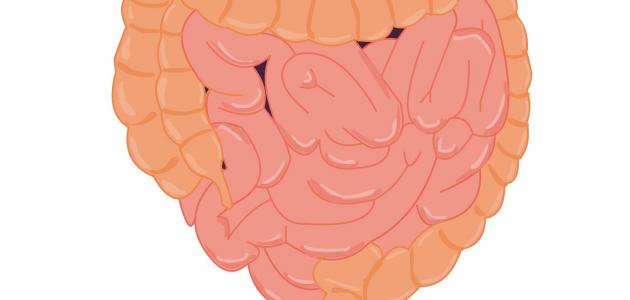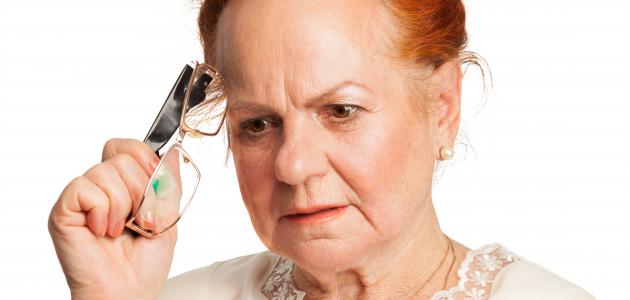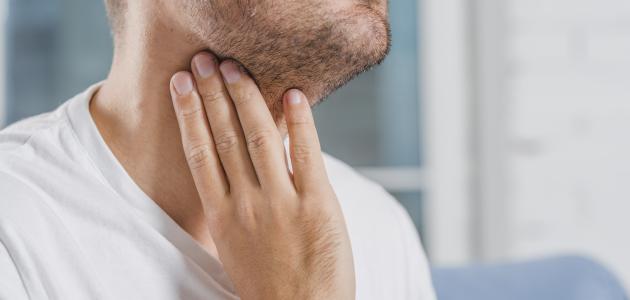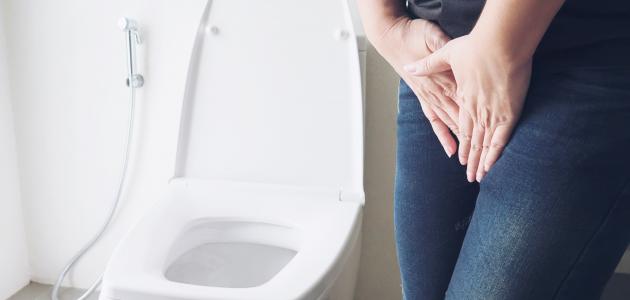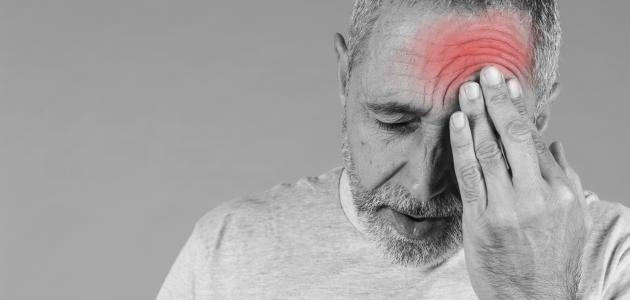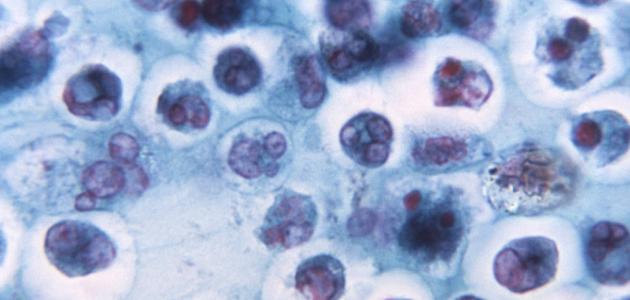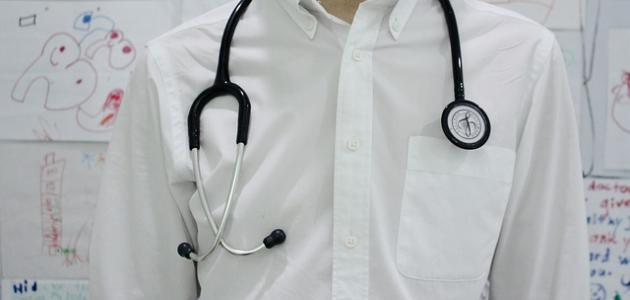Parotid gland vaccination
Mumps, also known as epidemic parotitis (in English: Mumps), is a viral infection that affects the parotid or salivary glands located below the ear. It is caused by the mumps virus (Rubulavirus), and causes mild symptoms, most notably swelling of the salivary glands, in addition to a mild fever, and problems with The respiratory system, and the best way to prevent it is to receive the mumps vaccine, which is called the triple viral vaccine (MMR), which is a combination vaccine that contains a safe and effective formula of the measles vaccine, the mumps vaccine, and the rubella vaccine, in order to provide immunity against the three diseases: measles, mumps, and rubella. It consists of a mixture of live viruses for the three diseases mentioned, but after they have been weakened, as the viruses cause a harmless infection in the person after injecting him with the vaccine, which is sufficient to generate immunity against these diseases.
The importance of the parotid gland vaccine
Mumps is a highly contagious disease, as it spreads easily from one person to another, especially in places of close contact between people, such as schools, universities, and camps. It may lead to serious complications in the infected person, such as hearing loss, and as we mentioned previously, taking the mumps vaccine is the best way. To prevent mumps, the widespread spread of the vaccine will lead to a decrease in infection rates in society. Previously, the mumps vaccination program was started in 1967 AD, when it was a common childhood disease worldwide, and children between the ages of 5-9 years were the They are most affected by the disease, and the discovery of the vaccine led to a decrease in mumps cases by more than 99% in the United States.
Read also:Causes of tiredness and exhaustionTime to give the parotid vaccine
Two doses of the MMR vaccine are usually given in childhood, where the child should receive the first dose when he is between 12-15 months old, and the second dose between 4-6 years, but it is possible for the child to receive the second dose earlier, Provided that the time period between it and the first dose is not less than 28 days. The following are the times for administering the triple viral vaccine within the national vaccination programs covered by the Ministry of Health in some Arab countries:
- In the Kingdom of Saudi Arabia, the vaccine is given to children at the age of 12 months and 18 months and when they enter the first grade of primary school.
- In the Hashemite Kingdom of Jordan, it is given at the ages of 12 months and 18 months.
Adults who should receive the parotid vaccine
In addition to including the mumps vaccine in childhood vaccination programs, there are adults who must receive the triple viral vaccine, and the most important of these groups are the following:
- Those who are 18 years of age or older and born after 1956 AD and who were not infected with mumps or received the vaccine in childhood should receive at least one dose of the vaccine.
- Those who are at high risk of contracting mumps or measles from their surrounding environment must receive two doses of the vaccine, separated by a period of no less than 28 days, and these categories include the following:
- Students in various post-secondary educational institutions.
- Individuals who work in the field of health care in various hospitals and health centers.
- Individuals who travel to countries around the world.
- People who are determined by public health authorities to be at high risk of infection during an outbreak.
- Non-pregnant women of childbearing age, after consulting a doctor and evaluating the need for this.
Efficacy of the parotid vaccine
The triple viral vaccine is considered very effective in protecting people from measles, mumps, and rubella, and preventing complications caused by these diseases, as a single dose of the vaccine is 78% effective in preventing mumps, and taking two doses of the vaccine is 88% effective in Prevention, according to what was issued by the Centers for Disease Control and Prevention (in English: Centers for Disease Control and Prevention). Usually, people who received two doses of the vaccine in childhood acquire lifelong immunity against mumps and do not need a booster dose.
Read also:vision correction processSide effects of the parotid vaccine
The triple viral vaccine is very safe, even if it causes some side effects, receiving the vaccine is safer than contracting mumps. If these symptoms appear, they are usually mild, and may include the appearance of a skin rash, mild fever, or joint pain for a short period of time. Fever in some children after receiving the vaccine may cause epileptic seizures (in English: Seizures), but this is a rare occurrence and does not have long-term consequences. Reports issued by the American Academy of Pediatrics, the Institute of Medicine, and the Centers for Disease Control and Prevention indicated that there are no such cases. There is a link between the triple viral vaccine and autism, and it is worth noting that the vaccine is considered safe for breastfeeding women.
People who should avoid taking the mumps vaccine
There are some groups that should not be given the triple viral vaccine, including:
Read also:Causes of hand tremor- People who had a severe allergic reaction after receiving the first dose of the vaccine.
- People who are allergic to the antibiotic neomycin or to gelatin.
- Women who are pregnant or planning to become pregnant in the next four weeks.
- People who suffer from a weakened immune system as a result of taking cancer treatments or corticosteroids, or because they suffer from acquired immunodeficiency syndrome or AIDS.
